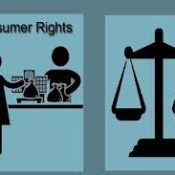
Balancing Rights & Shelter – Eviction Laws Safeguarding Tenants, Empowering Landlords, and Ensuring Fair Housing Practices
The relationship between landlords and tenants is built on trust, responsibility, and mutual respect. Yet, conflicts sometimes arise when terms are breached, rents go unpaid, or property rights are misused. To address these sensitive issues, Eviction Laws provide a legal framework that balances the rights of both tenants and landlords, ensuring fairness and justice in housing matters.
Eviction Laws are designed not merely to remove tenants but to protect the dignity of shelter while upholding the rightful ownership of landlords. They outline the circumstances under which eviction can take place—such as non-payment of rent, violation of lease agreements, illegal use of property, or the landlord’s genuine need for the premises. Importantly, these laws require due legal process, ensuring tenants are given adequate notice and an opportunity to present their case before eviction.
For landlords, Eviction Laws provide empowerment through legal remedies, protecting their property from misuse and ensuring their investments remain secure. For tenants, these laws act as a shield against arbitrary or forceful evictions, giving them the confidence that their fundamental right to shelter will not be violated without just cause.
In essence, Eviction Laws strike a delicate balance: they safeguard tenants from exploitation while granting landlords the authority to protect their property rights. By ensuring transparency, accountability, and due process, these laws maintain harmony in housing relationships and strengthen the foundation of fair housing practices.
All Categories
Recent Posts
Consumer Protection Law: Safeguarding Consumer Rights
Tags





